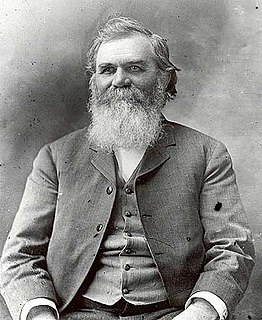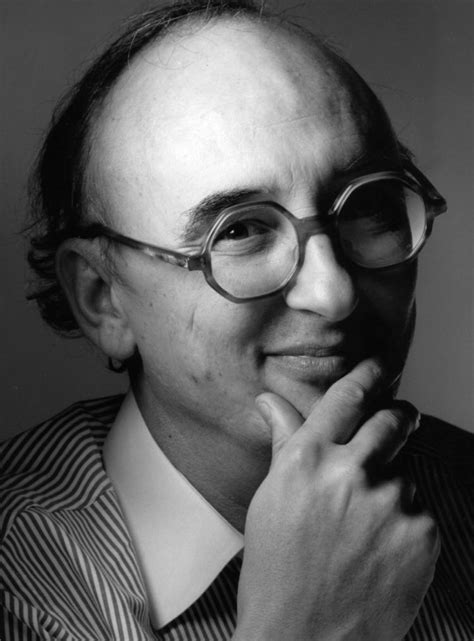A Quote by Peter Maurer
Conflicts are increasingly causing devastation in densely populated urban centres rather than open battlefields, creating a host of new problems through the cumulative impact from the destruction of vital services like water and electricity.
Related Quotes
I'd never really experienced the West before moving to Colorado. The East Coast, where I grew up, has a lot of big cities, like Boston and New York, and is more densely populated, and I instantly fell in love with the big open spaces of the West, where you can see not just for a few miles but for a few hundred miles.
The problems we face today, violent conflicts, destruction of nature, poverty, hunger, and so on, are human-created problems which can be resolved through human effort, understanding and the development of a sense of brotherhood and sisterhood. We need to cultivate a universal responsibility for one another and the planet we share.
People go to the big urban centres because they have a quality of life, a quality of intellectual inquiry in the big urban centres that you don't necessarily have in smaller, rural communities. I've got loads of friends and relatives that live there. People like living there, bringing up their kids there and all that stuff, but it'd be the death of me. I couldn't be in a small town, ten minutes I'd enjoy it, and then I'd get fed up because you're so constrained and constricted by it.
When a parasite moves to a new habitat, it can find new hosts through a process called the trans-species jump. Often, the new host has no resistance; it and the parasite haven't had time to adjust to each other through natural selection (it is frequently not in the best interest of a parasite to kill its host quickly).
Over 1 billion people have no access to clean drinking water, and more than 2.9 billion have no access to sanitation services. The reality is that a child dies every eight seconds from drinking contaminated water, and the sanitation trend is getting sharply worse, mostly because of the worldwide drift of the rural peasantry to urban slums.




































